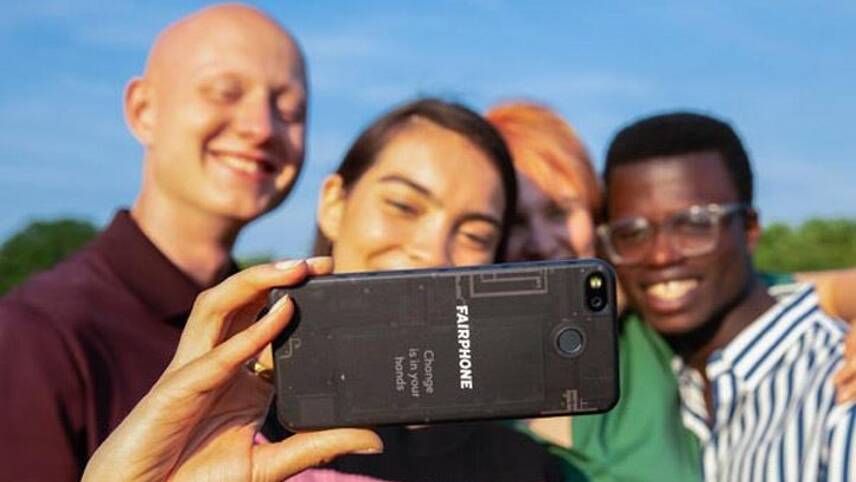Register for free and continue reading
Join our growing army of changemakers and get unlimited access to our premium content

Research from the United Nations University (UNU) found that more than 44 million metric tonnes of electronic waste were generated globally in 2016
Sky Mobile will offer the Fairphone 3 for £21 a month on a Swap 24 plan, or £26 a month on Swap 12, which includes 2GB data and unlimited calls and texts, starting in September 2019.
The Fairphone 3 features a 12MP camera, 8MP front camera, a replaceable, long-life battery and “fairly sourced” recycled materials. The smartphone is built using a modular and repairable design and will be shipped and sold in eco-friendly packaging.
Fairphone is a Dutch social enterprise that develops and designs smartphones that are built to last in order to reduce the product’s environmental impact. Conflict-free and Fairtrade materials are also prioritised, while design aims to reduce e-waste.
Sky Mobile’s director Sophia Ahmad said: “At Sky, we’re committed to creating a plastic-free future for our oceans by removing all single-use plastic by 2020 and ensuring high ethical standards are maintained across the business and our supply chain. It’s why we’re working with Fairphone, to give our customers the option to choose a sustainable mobile phone.”
The Fairphone 3 is designed to promote responsible sourcing while combatting e-waste.
For sourcing, tech companies may be exposed to human rights violations in supply chains by failing to examine the “myriad of risks” that can be found outside of the traditional homes of conflict minerals.
Analysis has found 20 key human rights and environmental issues related to the extraction of conflict minerals across the globe. Tin was shown as the greatest risk for labour rights violations, and child labour was found to pose an “extreme risk” in Bolivia, Myanmar and Indonesia – three of the eight-largest tin producing countries. China, Peru and Brazil were all linked to forced labour and slavery.
As for e-waste, research from the United Nations University (UNU) found that more than 44 million metric tonnes of electronic waste were generated globally in 2016, with just 20% documented as recycled.
Its analysis anticipates a 17% increase in e-waste by 2021, making it the fastest-growing domestic waste stream globally. Between 2014 and 2017, e-waste levels grew by 8%.
A Royal Society of Chemistry survey recently found that 96% of consumers were keeping more one or more small technology items, including laptops, mobile phones and MP3 players, stored at home. Of these people, less than one in five have plans to recycle these items, with two-thirds planning to hoard them “indefinitely”.
Sky’s plastic approach
Sky has removed more than 300 tonnes of single-use plastic from its business, including all product packaging, as part of Sky Ocean Rescue.
The broadcaster has announced that all single-use plastics will be removed from its products, operations and supply chain by 2020 and that it will also invest £25m into an Ocean Rescue Innovation Fund to develop remedies to the amount of waste seeping into oceans.
Matt Mace


Please login or Register to leave a comment.